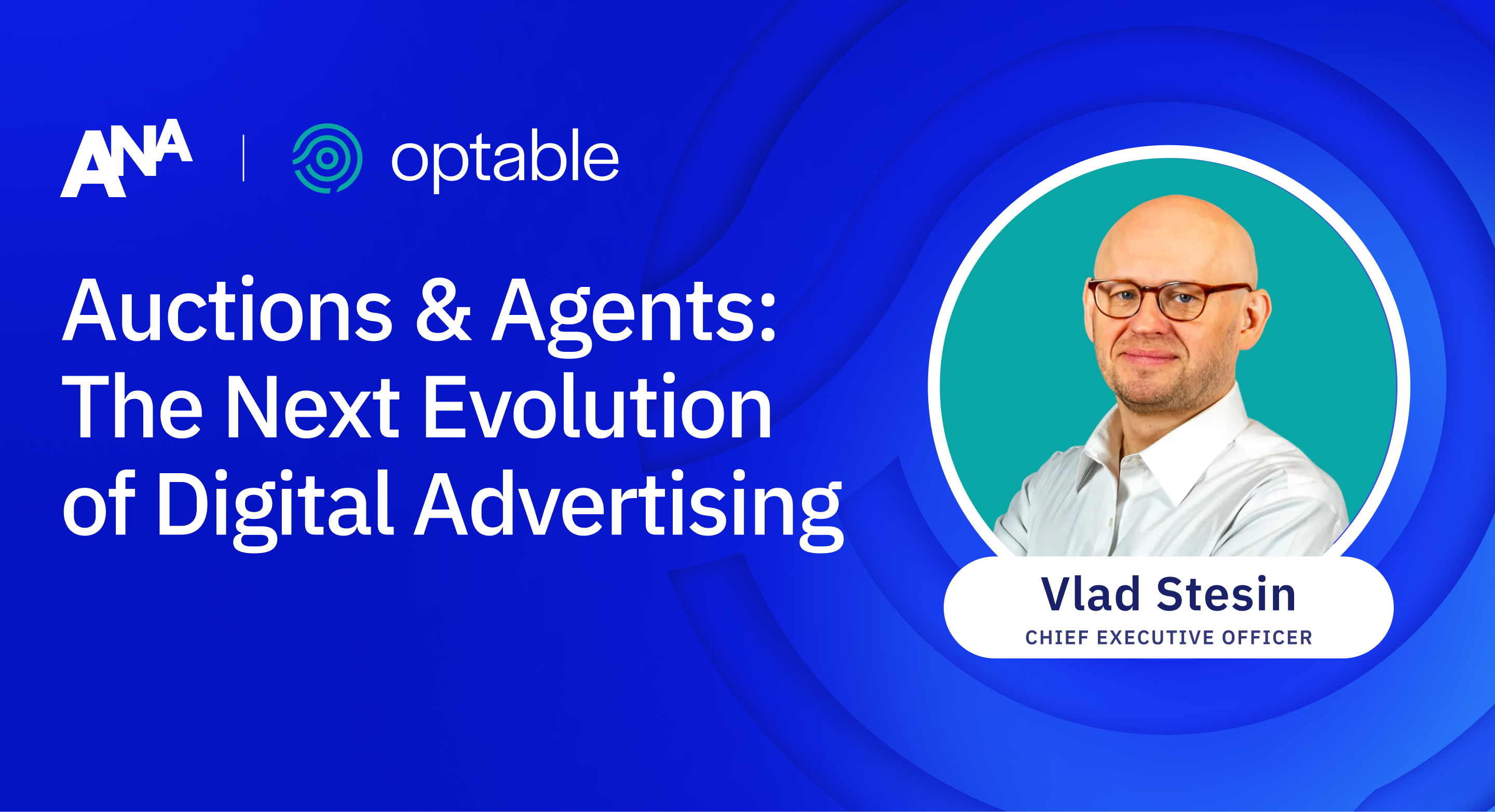It’s easy to understand why some publishers feel like pressing pause on cookieless data strategies.
Browser deprecation timelines continue to shift, regulatory enforcement remains inconsistent and let’s be honest: a significant portion of ad spend still flows toward third-party cookie-based campaigns. With technology and operations budgets tighter than ever, the temptation to delay innovation is real.
Yet despite this lingering dependence on cookies, the cookieless future is already here: in the U.S., over 40% of web traffic now comes from browsers like Safari and Firefox that block third-party cookies by default. That means publishers that aren’t testing cookieless solutions are already missing a sizable portion of their potential audience. And it’s not just cookies. Increasingly, other shared signals such as IP addresses and mobile ad IDs (MAIDS) are becoming difficult to use without the reconfiguring of monetization systems and workflows.
While publishers overwhelmingly recognize the importance of monetizing first-party data, many haven’t fully committed to the infrastructure that makes this possible. That hesitation, while understandable, could end up costing them. Amid this uncertainty, one thing remains true: publishers who invest in cookieless, privacy-centric strategies today will be the ones positioned to win tomorrow.
Cookieless Isn’t a Burden. It’s a Business Advantage
Privacy regulations, signal loss and growing consumer expectations have transformed addressability. There’s growing pressure to fill the revenue gap left by declining third-party data. First-party data, and the ability to activate it securely, is the new currency.
But strategy alone isn’t enough. Success depends on execution: scalable identity frameworks, interoperable clean rooms, and clear consent signals.
Identity graphs, in particular, are emerging as a foundational layer of the cookieless future. According to Digiday and Optable’s 2025 State of Audience Data Monetization report, 78% of publishers are either already using or are in the process of building their own identity graph. Only 7% say they have no plans to implement one. This momentum signals a clear recognition: publishers need better tools to unify user data across devices and channels if they want to improve targeting, personalization and monetization outcomes.
By owning and managing identity frameworks, publishers can reduce reliance on third-party solutions, future-proof their addressability and maintain stronger advertiser relationships in a post-cookie world.
NBCUniversal’s Audience Insights Hub and Roku’s Data Cloud Collaboration Suite are prime examples of how media companies are helping advertisers meet growing demands for privacy-safe, data-driven campaigns in the CTV space. Both enable partners to activate and measure campaigns using robust first-party data without compromising user privacy. By investing in clean rooms and identity solutions, these publishers are not only staying compliant but also enhancing their ability to deliver measurable results, growing advertiser trust and unlocking new revenue opportunities.
Data Collaboration Creates Innovation In Advertising
Clean rooms are where cookieless strategy meets business impact, offering a new way for publishers to collaborate without compromising trust. A clean room enables secure, privacy-safe collaboration with advertisers and partners, ensuring first-party data never changes hands directly. As advertisers grow more reliant on first-party signals and increasingly skeptical of intermediaries, clean rooms offer a scalable future-proof solution.
Early adopters are already seeing results. Top-performing publishers with clean room strategies in place report faster deal cycles, more direct demand, and stronger advertiser relationships.
For example, The Globe and Mail, used its Sophi platform to match data with advertisers in a privacy-safe way, resulting inimproved targeting accuracy and increased revenue.
Similarly, Dotdash Meredith, a major digital publisher, uses AWS Clean Rooms to combine its own audience insights with Amazon Ads data, boosting campaign performance and advertiser confidence without exposing raw data. .
The Weather Company has also used clean room partnerships to enhance CTV targeting and measurement, driving closed-loop attribution and unlocking new revenue across streaming formats.
From Caution to Competitive Edge
Cookieless transformation doesn’t have to mean massive overhauls. Start by identifying high-value data segments and running test collaborations in a clean room environment. Build repeatable processes. Partner with vendors that offer interoperability and transparency. Treat privacy and compliance as part of your value proposition, not just a cost center.
Privacy, trust, and data activation aren’t in conflict. They’re the new trifecta of sustainable audience monetization. Clean rooms, and the broader privacy-safe, cookieless infrastructure that supports them, aren’t optional extras. They’re foundational to a publisher’s long-term ability to grow audience value and build direct advertiser relationships.
Original Publication: Admonsters.

.png)

.png)
.png)




